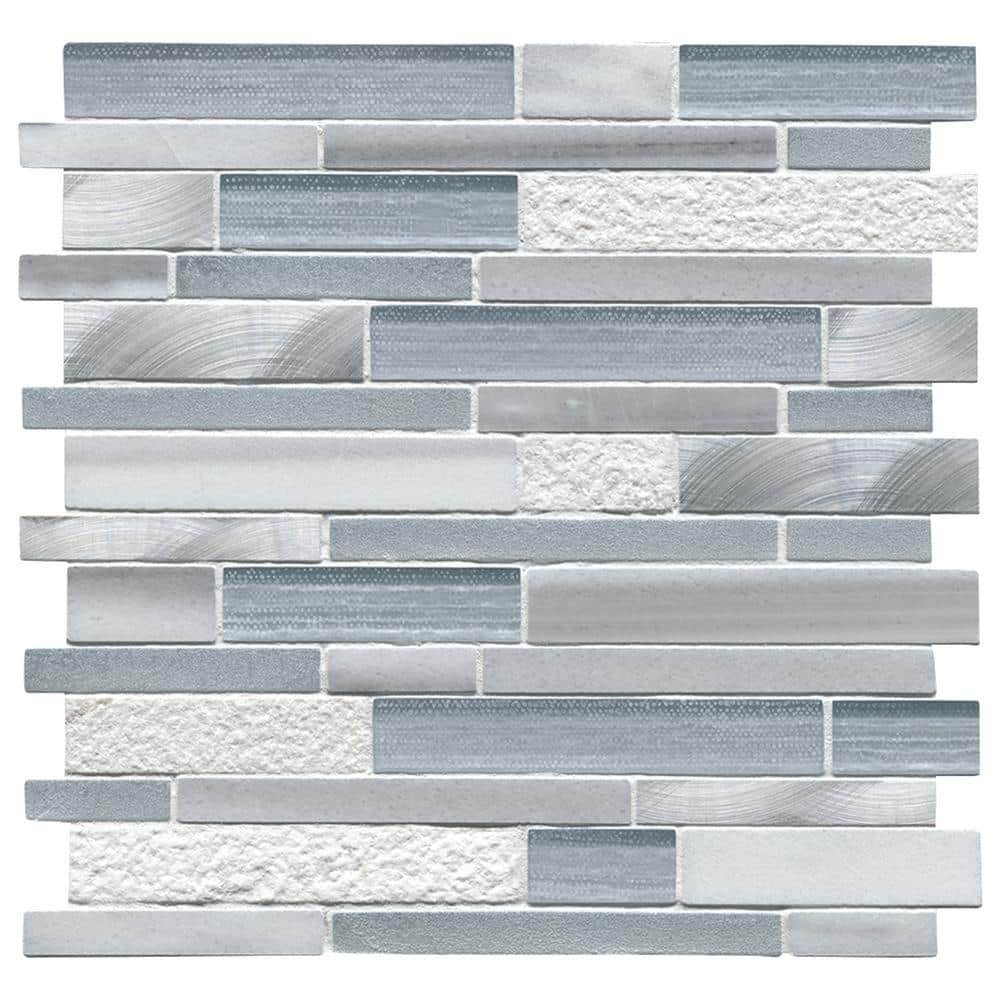In terms of maintaining a gorgeous swimming pool, a lot of homeowners frequently misunderstand the importance of pool tile cleaning. Many people believe that simply cleaning the surface and maintaining the water balanced is enough, but dirty tiles can lead to a range of problems—from unsightly stains to hazardous surfaces that pose safety hazards. Recognizing why pool tile cleaning is vital can help you maintain the beauty and functionality of your pool while boosting its overall curb appeal.
Therefore, how frequently should you clean your pool tiles? The answer varies according to several considerations, including the type of pool, the surrounding setting, and frequency of use. In this article, we'll cover the do's and don'ts of pool tile maintenance, offer essential tips on how to clean calcium buildup efficiently, and discuss the advantages of hiring professionals for this task. If you're preparing for a summer pool party or just want to keep your oasis in top shape, understanding best practices for tile upkeep will ensure your pool is inviting and safe all season long.
Importance of Pool Tile Maintenance
Suitable maintenance of pool tiles sometimes overlooked, but it is essential for the overall health of your pool. Routine washing prevents the collection of minerals, algae, and other debris that can cause more major issues over the years. Failing to address this aspect of swimming pool care can cause greater maintenance expenditures and likely destruction to the tiles, which may require high-priced repairs.
Furthermore, sparkling tile improve the visual appeal of your swimming pool. Clean tiles create a much more appealing swimming atmosphere but also can considerably enhance your home's curb appeal. A properly cared-for pool demonstrates your dedication and devotion to offering a tidy and enjoyable space for family.
Additionally, keeping neat tiles are plays a role in providing the safety of swimming pool users. Icy tiles can pose risks, causing accidents and falls. Routine cleaning and care of your swimming pool helps minimize these hazards, enhancing a secure and fun swimming experience for all.
Approaches and Advice

When maintaining pool tiles, grasping the right methods is important to achieve the highest results. For calcium buildup, using a blend of vinegar and baking soda can be beneficial. Create a paste and apply it to the stained areas, allowing it to sit for a few minutes before scrubbing with a soft brush. This approach not only helps remove buildup but is also safe for your tiles and the surrounding pool environment.
If you prefer a more specialized approach, consider hiring a service that offers advanced techniques like glass bead blasting. This method successfully removes stains and debris without damaging your tiles. An eco-friendly cleaning process can also make a substantial difference, ensuring that your pool remains safe for swimmers while maintaining the visual appeal of your tiles.
To keep your pool tiles neater for longer, routine maintenance is essential. Regularly brushing your tiles and monitoring water chemistry can prevent buildup before it begins. Additionally, limit the use of harsh chemicals that could deteriorate the tile surface and opt for gentle cleaners when possible. Following these tips will help you maintain the aesthetic of your pool tiles and enhance the overall quality of your swimming area.
Specialized vs. Do-It-Yourself Cleansing Solutions
In the realm of maintaining the tidiness of your pool tiles, a frequent debate arises over selecting expert assistance and opting for DIY cleaning approaches. Do-It-Yourself cleansing can appear appealing due to its budget-friendliness and adaptability. Numerous pool owners may try to tackle tile maintenance with household cleaning agents or brushes, believing that they can attain adequate results on their own. However, this method can sometimes lead to variable outcomes and may not properly get rid of tough stains or buildup.
In contrast, expert cleaning services bring expertise and professional-grade equipment that can ensure a thorough clean. Professionals know how to recognize the specific materials and problems associated with your pool tiles, like calcium buildup or stubborn stains. They utilize eco-friendly products and advanced techniques, such as glass bead blasting, to renew your tiles without risking damage. read more enhances the look of your pool but can also increase the lifespan of your tiles.
In the end, the choice between the options of professional and DIY cleansing will vary based on your comfort level, the state of your tiles, and how much time you’re prepared to invest. If you seek long-lasting results and a smooth experience, engaging a professional service is frequently recommended. It can guarantee that your pool tiles are gleaming clean and free from damage, contributing to a beautiful and safe swimming environment.
